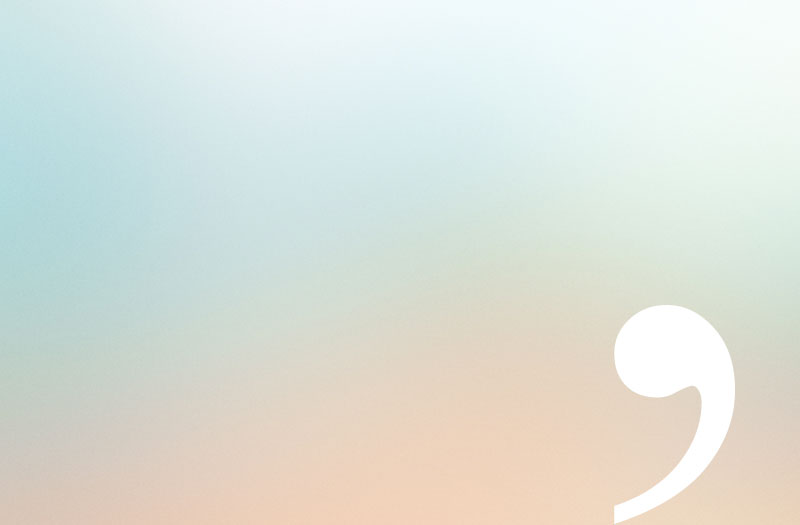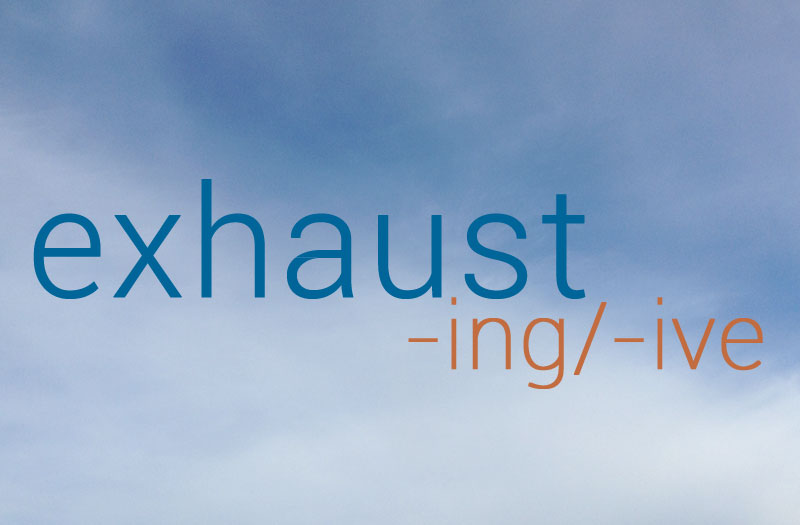 I know what it’s like. You’re full of ideas that you’re eager to share. You want to say everything all at once, give your reader every detail, say all of the things, all in one go, immediately and now, because it’s really important and you just have to get it out there, all of it, this instant!
I know what it’s like. You’re full of ideas that you’re eager to share. You want to say everything all at once, give your reader every detail, say all of the things, all in one go, immediately and now, because it’s really important and you just have to get it out there, all of it, this instant!
But sometimes you need to stop.
Or rather, you need a full stop.
Let me introduce you to one of those pesky grammatical gremlins: the run-on sentence. Also known as a comma splice, this particular glitch occurs when two complete sentences get squished together with nothing but a comma between them.
Here’s an example.
Good writing is a genuine pleasure, it can open up entirely new worlds in your mind.
The problem is that the phrases on either side of the comma are complete sentences in their own right. That means they deserve to begin with their very own capital letter and end with their own full stop.
Just as a reminder, a sentence is complete and correct when it contains an independent clause. This is a clause that has both a subject, which is the thing or person doing something, and a verb, which is the action being done by the thing or person. (It’s even better when the subject and verb agree with each other, but that’s a topic for another article.)
The subject and the verb may be joined by other grammatical elements, like objects or complements, but the whole point of a sentence is to communicate a coherent idea. It’s what they are designed to do.
This is why comma splices aren’t so nice. They comprise two (or possibly more) complete thoughts that ought to reside in separate sentences. When this doesn’t happen and a sentence runs on, there can be a feeling of breathlessness in the writing. It is as if everything becomes rushed. Individual ideas pile up on one another and the discrete expression of each gets blurred.
Fortunately, it is easy to mend a comma splice. The simplest way is to insert a full stop and capital letter.
Good writing is a genuine pleasure. It can open up entirely new worlds in your mind.
Other appropriate punctuation, such as a semicolon or dash, can likewise replace the comma, or you could add the word “and” or another appropriate conjunction after the comma to create a compound sentence.
Good writing is a genuine pleasure, as it can open up entirely new worlds in your mind.
See how easy it is?
Learning to detect and correct comma splices in your own writing is a skill that is worthwhile nurturing. One approach for this is to check each comma in turn and assess whether it should be a full stop instead. This involves having some understanding of clauses and sentences, which is in itself is a good idea if you want to improve your writing.
You might also try that magical trick of reading your writing aloud. It may not always help you detect a run-on sentence, but it can be a useful practice anyway.
Ideas, like people, need space to breathe. By making sure you have a single idea in a single sentence, you will avoid comma splices and keep your writing nice.
Do you have a tendency towards run-on sentences? What will you do differently now you understand more about them?
 This is how it goes.
This is how it goes. If you have spent any time at all exploring this website (and I do invite you to do so), you will be among the clever few who already know there are different levels of editing. While I happily
If you have spent any time at all exploring this website (and I do invite you to do so), you will be among the clever few who already know there are different levels of editing. While I happily  It is an easy mistake to make, especially when you’re tired. Nevertheless, there is a difference in meaning between the words “exhausting” and “exhaustive”, and astute writers know which one to choose.
It is an easy mistake to make, especially when you’re tired. Nevertheless, there is a difference in meaning between the words “exhausting” and “exhaustive”, and astute writers know which one to choose. It has taken a bit of time and a lot of effort. You’ve poured your devotion, attention and even your heart into writing your book, your thesis, your website, your poetry. Now at last it is finished.
It has taken a bit of time and a lot of effort. You’ve poured your devotion, attention and even your heart into writing your book, your thesis, your website, your poetry. Now at last it is finished.